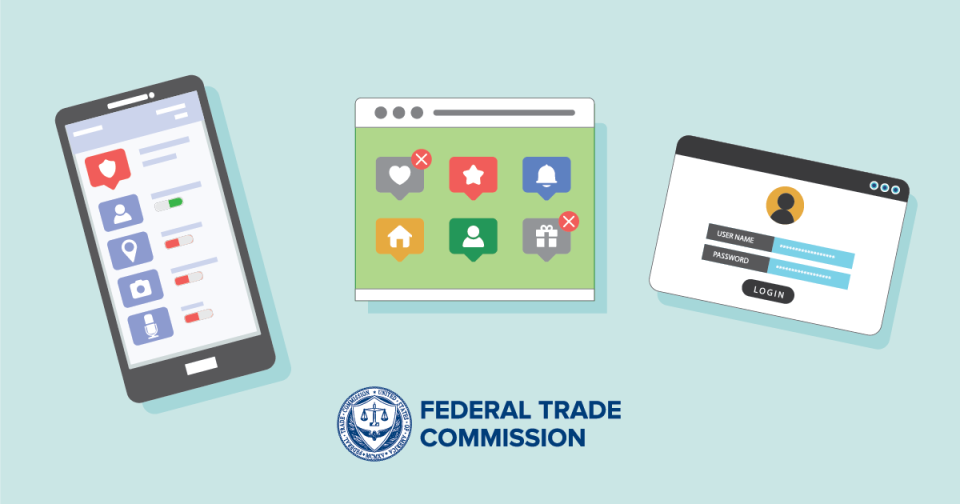FTC Issues Guidance on E-Mail and Social Media Hacking
Per the notice below, the Federal Trade Commission (FTC) has issued guidance on what to do if you experience hacking of your e-mail or social media accounts.
E-mail or social media hacked? Here’s what to do
 Hackers target your e-mail and social media accounts to steal your personal information. Like your username and password, bank or credit card account numbers, or Social Security number. If they get it, they use it to commit identity theft, spread malware, or scam other people. So, what are signs that someone hacked your account, and how can you recover a stolen account? Here are some things that might tip you off to a problem:
Hackers target your e-mail and social media accounts to steal your personal information. Like your username and password, bank or credit card account numbers, or Social Security number. If they get it, they use it to commit identity theft, spread malware, or scam other people. So, what are signs that someone hacked your account, and how can you recover a stolen account? Here are some things that might tip you off to a problem:
- You get a notification that your e-mail address or phone number changed. Or that your password was reset. But you didn’t make those changes.
- You get a message that someone tried to log in, or did log in, and it wasn’t you.
- You can’t log in to your account.
If you can’t log in to your account, follow the provider’s account recovery instructions. Here are links to some of them.
| Microsoft | ||
| Snapchat | TikTok | |
| X | Yahoo | |
| YouTube |
If you get a notification about activity you don’t recognize, and you can log in, here’s what to do:
Change your account password. Create a unique and strong password that is hard to guess. Aim for 12 to 15 characters. Or use a passphrase — a series of words separated by spaces. Then sign out of that account on all devices. That way anyone who’s logged in to your account on another device will get kicked out.
Secure your account. If the account offers two-factor authentication (2FA), turn it on to add an extra layer of security. That way, a hacker with your password can’t log in to your account without a second authentication factor. Like a verification code you get by text or e-mail, or from an authenticator app.
Update your account recovery information. Account recovery information helps you get back into your account if you're locked out, forgot your password, or if someone else is using it. Check your account recovery information and make sure the e-mail address and phone number listed are correct.
Check for signs that someone had access to your account. Check if there are auto-forwarding rules in your e-mail account that you didn’t set up. Hackers might create these rules to forward your e-mails to another address. Check your social media for messages the hacker posted or sent, or for new friends you don’t recognize.
If you believe someone stole your personal information, go to IdentityTheft.gov to report it and get a personalized recovery plan.
For more advice on how to protect your money and devices from scammers, check out:

